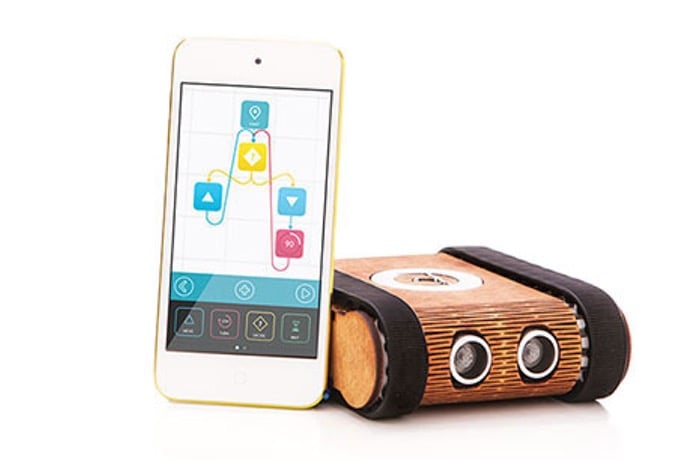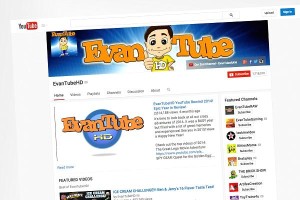The possibility of making money off little ideas seems so unlikely, however we hear the story time and time again about how here are children out there making thousands or millions a year just off of a little idea. Maybe it is because they aren’t as scared to fail, because they don’t need the money to provide for their families. Something about these stories is surprising, and also uplifting.
Fourteen year old Hart Main had an idea when he was teasing his sister about her fundraiser and selling “girly scented candles.” He wanted to make manly scented candles. With an initial investment of 300 dollars his dream started to become a reality. Soon he has scents such as Campfire, Grandpa’s Pipe, and Sawdust. These are now in at least 60 stores and have sold over 9000 units. He made this come true with just 300 dollars.

Kids who had lemonade stands when they were young had a mission, to make money. Adults who have a job, for the most part, have a mission, to make money. Sometimes all you need is to handle is the risk. Just like Hart, he just did it.










